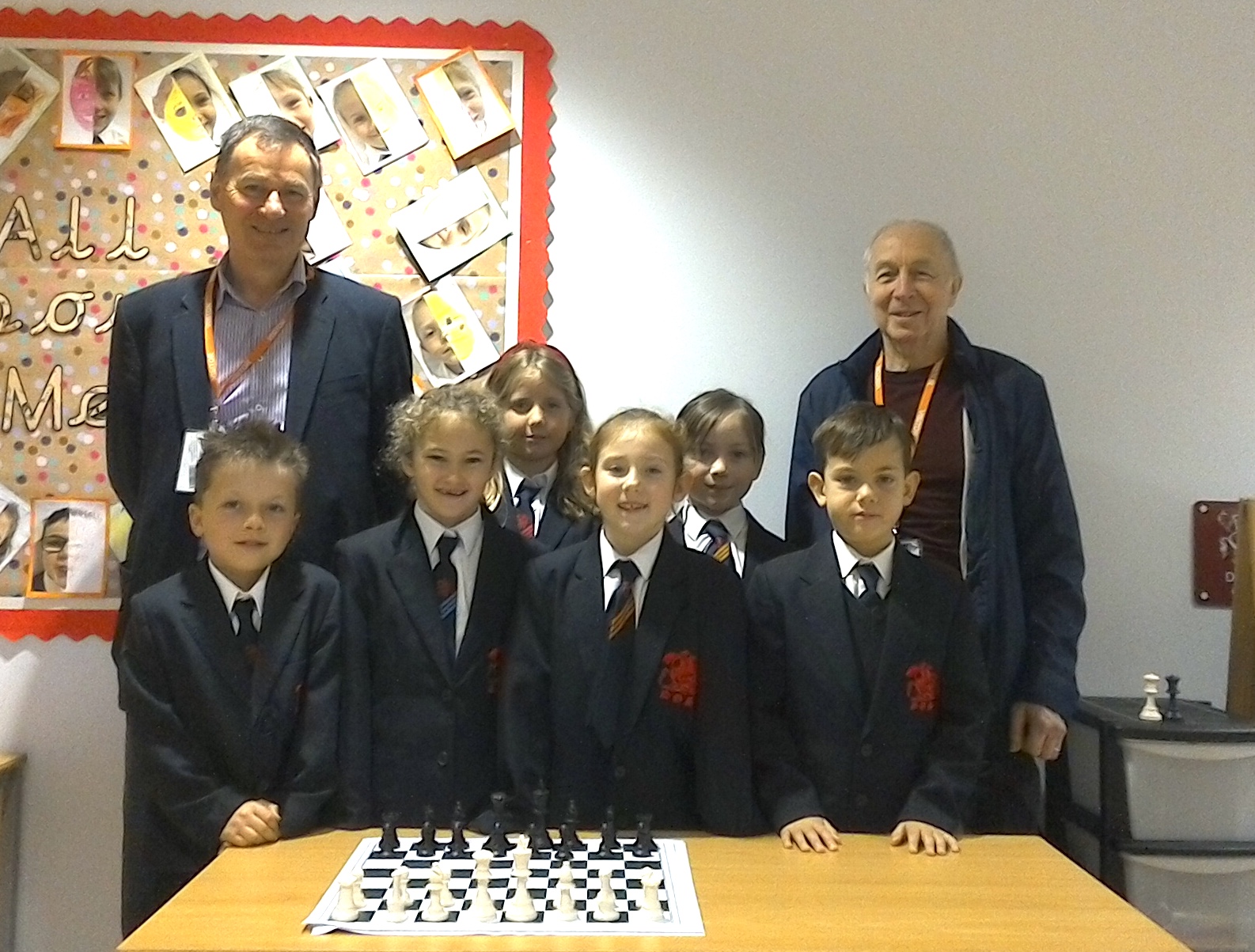Broadstairs 3½ Folkestone 3½
| 1 | David Faldon (178) | ½-½ | Jim Bayford (180) |
| 2 | Richard Clement (145) | 1-0 | David Shire (176) |
| 3 | Manoj Natarajan (e140) | 0-1 | Martin Cutmore (161) |
| 4 | Paul Johnson (138) | 0-1 | Kevin Smyth (161) |
| 5 | Bob Page (133) | ½-½ | John Atherton (157) |
| 6 | Paul Carfrae (131) | 1-0 | Andrew Haycock (106) |
| 7 | John Couzens (108) | ½-½ | David Erwee (95) |
David Faldon writes:
Due to an unfortunate clash between this match and Shany Rezvany’s funeral in Canterbury, we were missing many of our top players for the visit of last year’s Millar Cup champions. Coming pretty much straight off the train from the funeral, I didn’t feel like playing either, but as captain I didn’t think I had much choice. Luckily, my opponent offered me a draw after 16 moves of random aggression on my part (which turned out to be mostly bluff) and I wasn’t in any mood to decline. My game wasn’t the first to finish, however. Paul C on board six played even more aggressively than I did (see game below – Ed) and this time it wasn’t a bluff – a rook sacrifice cleared space for a neat mate and we were 1-0 up. Next to finish was Richard on board two. His habitual quiet-looking build-up with White contains a lot of hidden threats and this game revealed one of them. Richard won material and thereafter played pretty much a perfect game, never allowing his higher-rated opponent to get back into it. Most impressive. Paul J on board four also looked to be doing well in the opening, but then he missed something and found himself two pawns down. Tough defence proved insufficient. John, a late substitute on board seven, contributed the longest and wildest game of the match. It was also the most entertaining as every time I went over to look, the likely outcome appeared different. After some 90 moves a perpetual check ended the game with honours even. Great fun! Anyway, that result left us 3-2 up with two games left to finish. Manoj on board three and Bob on board five were both a pawn down but fighting hard in interesting-looking endings. Manoj didn’t manage to draw his game but Bob did (congratulations!) and the match finished in a 3½–3½ tie. All in all, a terrifically exciting match and, in the circumstances, a fantastic result for us. Shany would have loved to be there.
White: Paul Carfrae (131) Black: Andrew Haycock (106)
Millar Cup v Folkestone

